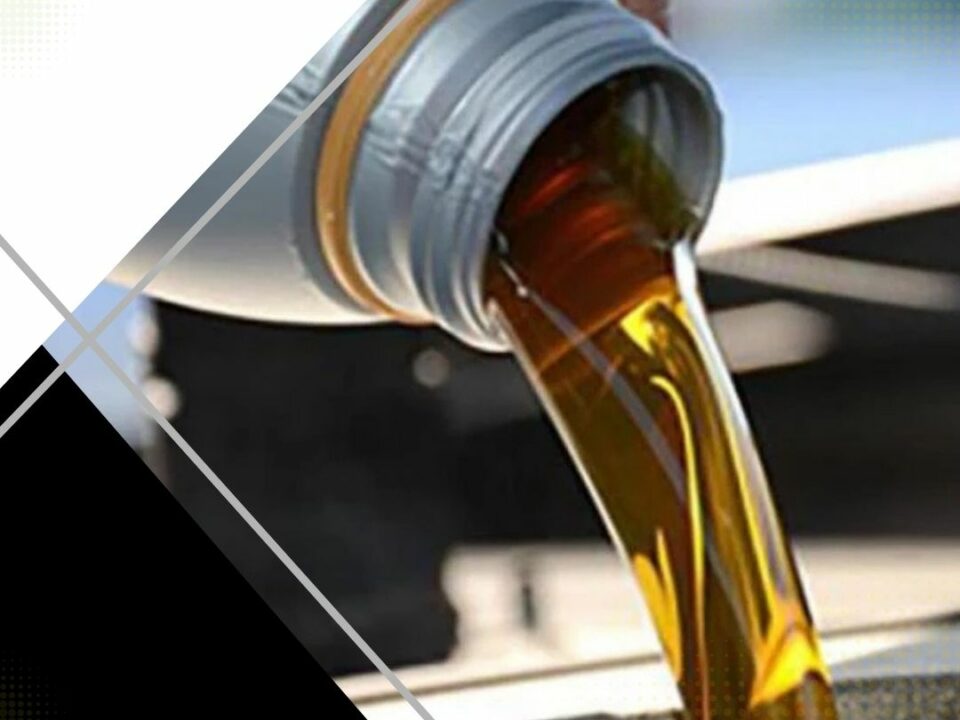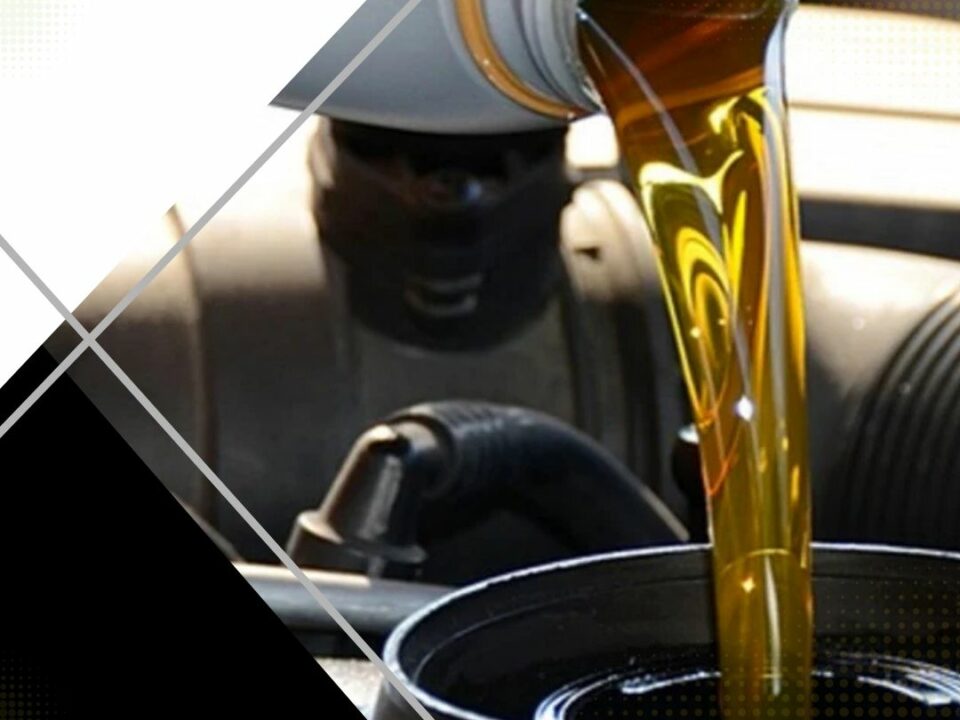
Understanding the Different Types of Oil for an Effective Oil Change
May 23, 2024
How to Decide Which Type of Oil Is Best for Your Car’s Oil Change
May 23, 2024You might think all motor oils are created equal, but you’d be surprised at how the right type can drastically improve your car’s performance and lifespan. It’s not just about picking the most expensive brand or sticking to what you’ve always used.
You need to consider your vehicle’s make, model, age, and even the climate you’re driving in. This guide will help you navigate the often confusing world of motor oils, understand the different types and their benefits, and ultimately make an informed decision for your next oil change.
Stick around and you’ll discover why the oil you choose could be one of the most crucial decisions you make for your vehicle’s health.
Understanding Different Oil Types
You’ve got a myriad of oil types to choose from, each offering unique benefits for your vehicle’s engine. You’re part of a community that values car maintenance, and understanding oil types is in your wheelhouse.
Conventional oil, often your cheapest option, offers basic engine protection. It’s perfect for light-duty vehicles, but may not be the best for high-performance engines.
Synthetic oil, on the other hand, is chemically engineered to provide superior performance. It’s designed to handle extreme temperatures and reduce engine wear.
Then there’s synthetic blend, a midway point for those wanting better protection without the full synthetic price tag. Ultimately, it’s crucial to align your choice with your engine’s needs and your driving habits.
You’re not alone, we’re here to help you make the right choice.
Choosing the Ideal Oil for Your Vehicle
Now that you’re familiar with the various oil types, it’s time to nail down the ideal option for your specific vehicle. Your car’s manual shouldn’t be overlooked; it’s the first place to start. It’ll specify which oil grade and viscosity is right for your engine.
Climate plays a role, too. In colder regions, you’ll want a thinner oil that can flow easily, while in hotter areas, a thicker oil is needed.
Usage matters as well. High-performance cars require synthetic oil change for optimum engine protection. If your vehicle is older, high-mileage oil can rejuvenate worn seals.




